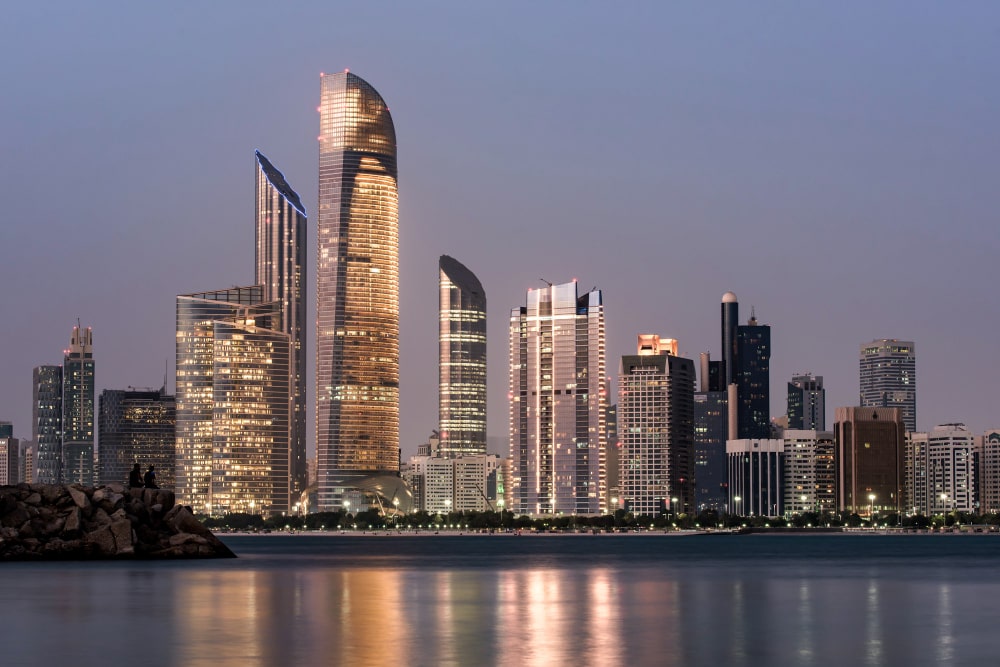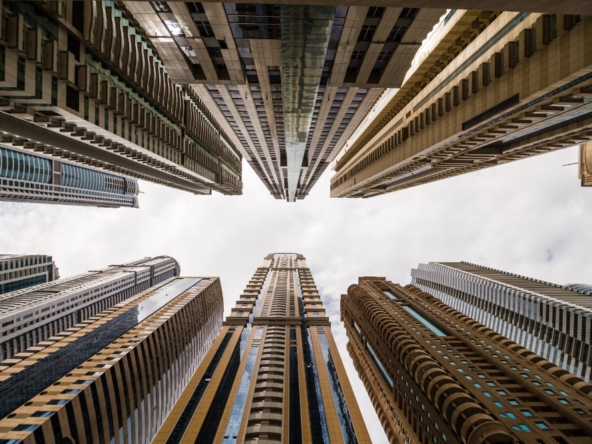Imagine a city where innovation and luxury coexist, where towering skyscrapers emerge from the desert sands, and where the real estate market is as vibrant as the city itself—greetings from Dubai, a major international centre for real estate investment. Dubai’s real estate market continues to draw investors worldwide because of its tax-free environment, first-rate infrastructure, and unparalleled lifestyle. Beyond the glamour of large profits and contemporary lifestyle, however, this booming industry is governed by a well-organised set of rules and laws. In order to get insights into Nshama Luxury Properties and their esteemed clientele, we look into the Dubai Real Estate Laws and Regulations in this guide.
1 – Key Authorities and Dubai Real Estate Laws and Regulations
To maintain openness, equity, and investor protection, the real estate industry in Dubai is subject to several regulations and is supervised by regulatory agencies.
Important Regulatory Organisations
- Dubai Land Department (DLD): The government agency in charge of all matters about the registration of land and properties, their acquisition and sale, and real estate development in Dubai is the Dubai Land Department or DLD.
- Real Estate Regulatory Agency (RERA): As a division of the DLD, the RERA Real Estate Regulatory Agency is charged with overseeing brokers, developers, owner associations, and real estate transactions.
Important Legislations
- Law No. 7 of 2006: It is a key piece of legislation that addresses property registration in Dubai and the various methods by which UAE, GCC, and foreign nationals can be given ownership.
- Law No. 8 of 2007 (Escrow Law): In order to safeguard customer payments and ensure project completion, developers must form an escrow account following Law No. 8 of 2007 (Escrow Law).
- Law No. 27 of 2007: The framework about jointly owned properties and owners’ associations.
- Law No. 13 of 2008: This regulated off-plan purchases and sales of real estate.
2 – Types of Property Ownership in Dubai
Depending on the buyer’s nationality and the property’s location, Dubai offers a variety of property ownership options.
Freehold Ownership
- Foreign investors and citizens of the GCC and the UAE may receive it.
- It is possible to give someone full ownership of the property, which would allow them to sell, lease, or even transfer it.
- It is limited to specific freehold locations, such as Arabian Ranches, Downtown Dubai, and Dubai Marina.
Leasehold Ownership
- For a predetermined amount of time, typically 99 years, ownership rights are granted.
- It is perfect for foreigners who want to live there for a long time without having complete ownership and can be used in non-freehold areas.
Usufruct Rights
- It is a type of leasehold ownership that gives the owner the ability to use and profit from the land for a predetermined amount of time, typically up to 99 years.
3 – Dubai Real Estate Laws and Regulations Escrow Accounts and Off-plan Properties
Off-plan properties are a popular option for investors in Dubai since they provide flexible payment options and lower rates. To safeguard consumers, the procedure is rigorously regulated.
Important Dubai Real Estate Laws and Regulations Regarding Off-Plan Purchases
- Developers need to have an escrow account that has been approved by RERA and be registered with the agency.
- The escrow account, which is solely available for project building, receives the money paid by buyers.
- Before beginning a project, developers need to secure the required permits and approvals.
4 – Laws Concerning Real Estate Brokerage
Real estate agents in Dubai are essential to the smooth operation of real estate transactions. Strict rules have been put in place by the government to uphold industry standards.
Broker Registration
- Brokers must be included in the Dubai Brokers Register and hold an RERA license.
- Brokerage operations without a license are prohibited and subject to fines.
Brokerage Contracts
- When entering into agreements with clients, the broker must utilise documents that have been approved by RERA.
- Commission fees must be clearly specified and accepted by both parties.
5 – Community Management and Owners’ Associations
Owners’ associations (OAs) oversee the common areas and make sure the community runs well on properties that are jointly owned.
Important Dubai Real Estate Laws and Regulations
- For properties that are jointly owned, developers are required to create OAs.
- OAs are in charge of maintaining common spaces and collecting service fees.
- To guarantee compliance, RERA supervises OA governance and registration.
6 – Rental Disputes and Tenancy Laws
Law No. 26 of 2007 and its revisions regulate the rental market in Dubai and provide a just relationship between landlords and tenants.
Important Clauses:
- Rent Increase: In order to make rent more affordable given the state of the market, any increases are based on the Dubai Rent Index.
- Notice Period: In some situations, such as when selling or using the space for personal use, the landlord is required to give a 12-month notice.
- Deposit: Landlords are required to return deposits when a tenant vacates an apartment or if no damage has been reported against them.
Rent Dispute Resolution
The Rental Dispute Settlement Centre, DLD, provides a simple procedure for the filing and quick resolution of rental issues between landlords and tenants.
7 – REITs and International Real Estate Investing
Through programs and structures, the Dubai government has gone above and beyond to foster an atmosphere that encourages international investment in real estate.
REITs
- Investing in income-producing real estate without actually owning it is possible through Real Estate Investment Trusts.
- DFSA-regulated inside the DIFC.
Dubai Real Estate Laws and Regulations Governing Foreign Investments
- In certain freehold zones, foreigners are permitted to own real estate.
- If they fulfil specific investment requirements, overseas investors can apply for a long-term residency visa through the UAE’s Golden Visa.
8 – Taxes and Fees on Property
One of the main draws for investors to Dubai is its tax-free status. However, there are certain fees associated with purchasing a property:
Registration Charges
- When purchasing real estate, a 4% transfer fee must be paid to DLD.
- Depending on the developer’s agreement, off-plan properties may have variable registration costs.
Service Fees
- Annual service fees are expected to be paid by the owners of jointly held properties in order to maintain the shared areas.
- The size of the property and the amenities offered affect the service fees.
9 – Dubai Real Estate Laws and Regulations for Failure to Comply
Strict legislative frameworks are in place in Dubai to deal with non-compliance and safeguard real estate market participants.
Non-Compliance of Developers
- RERA keeps an eye on the status of projects and makes sure developers follow deadlines.
- Buyers who experience delays or disagreements can report to RERA.
Buyer and Seller Conflicts
- DLD’s legal procedures are used to settle disagreements about transactions.
- Parties have the option to file cases in specialised property courts or pursue mediation.
10 – Upcoming Trends and Advancements
With new programs and regulations, the Dubai real estate market is still growing.
- Sustainability: A lot of developers are concentrating on green building certifications and green initiatives.
- PropTech: Technology-driven solutions like blockchain and artificial intelligence are revolutionising real estate management and transactions.
- Affordable Housing: To serve all demographic groups, the government is promoting affordable housing.
Conclusion
There are plenty of opportunities in the Dubai real estate market for both real estate owners and investors. It might be challenging to comprehend Dubai Real Estate Laws and Regulations. For this reason, Nshama Luxury Properties stands for expertise and outstanding customer care that can be provided without any issues so that each client can have a fulfilling experience in the real estate market of Dubai. Whether you want to invest in a contemporary apartment or an opulent estate, our team is ready to help. For more, visit Luxury Properties Dubai.




